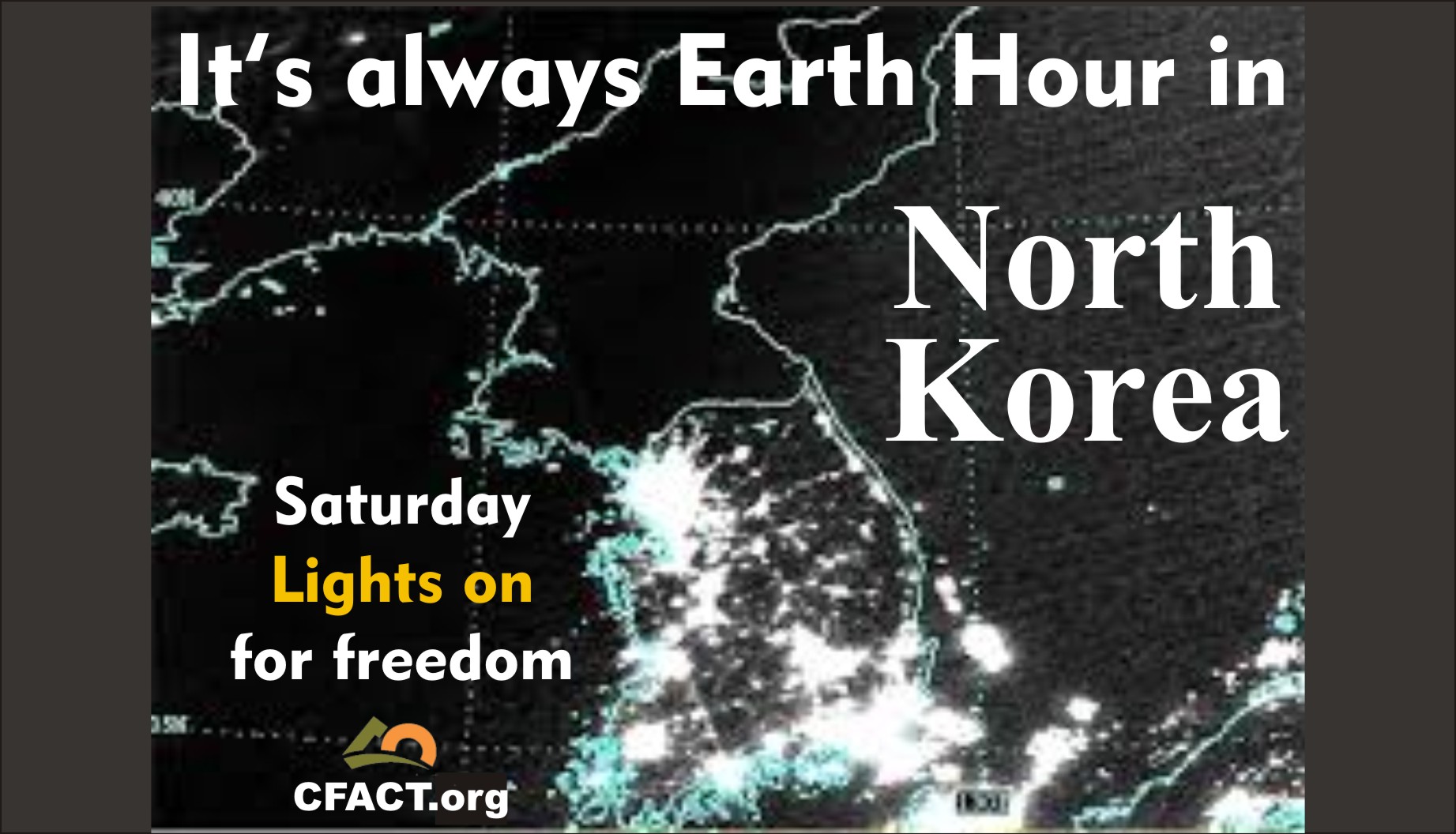

The last stanza, which comes as an explanatory conclusion, contains four lines, unlike the general structure of the poem.

The poem is composed of 6 stanzas, each containing 3 lines, and it has a simple rhyme, transmitting a sad tone, but furious, in the same time: “Do not go gentle into that good night,/Old age should burn and rave at close of the day /Rage, rage against the dying of the light” (Thomas in Kennedy & Gioia 824). In the author’s acceptance, the “Good night!” (Thomas in Kennedy & Gioia 824) wish is the farewell message transmitted to a dying person. (Dupriez 21)) of night turned into death. This is actually an allegory (a literary image that utilizes various vehicles for expressing a though, an idea, a feeling (tenors), element by element etc.

The poet considers that people should not say “Good night!” (Thomas in Kennedy & Gioia 824) too gentle, too fast. This illustrates the author’s fear for this moment of the day, but the reason is not yet known and it will not be until the end of the poem. “Do not go Gentle into that Good Night” (Thomas in Kennedy & Gioia 824) transmits the message that people should be prudent when the night comes and not to let themselves absorbed into the night. At an artistic level, the poem is crescendo, as it grows in intensity and in meaning as the poet develops it. Actually, this idea functions as the leitmotif (an idea or a sentence repeated constantly (Dupriez 384)): “Do not go gentle into that good night” (Thomas in Kennedy & Gioia 824). Dylan Thomas’ poem, “Do not go Gentle in that Good Night” (Thomas in Kennedy & Gioia 824) is focused on the idea of resisting death, delaying it as much as possible.


 0 kommentar(er)
0 kommentar(er)
